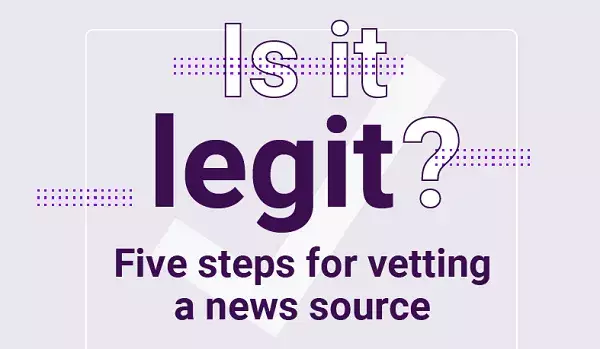In the current political climate, with another round of campaigning on the horizon, it is essential to evaluate the source of news that we are consuming. The accuracy of the information we are exposed to plays a crucial role in shaping our perceptions and beliefs. In today’s digital age, where misinformation spreads like wildfire, it is important to question the credibility of the reporting we come across.
Digital literacy has become increasingly important as malicious actors exploit knowledge gaps and oversimplify complex issues to manipulate public opinion. For instance, the topic of foreign aid is often distorted through memes that question the necessity of sending money abroad. However, research shows that foreign aid has numerous benefits, such as promoting economic prosperity, eradicating diseases, and improving overall global well-being. Despite the availability of information with a simple internet search, many individuals fall prey to misleading narratives, perpetuating misinformation.
Most political issues are multifaceted and nuanced, yet they are often presented in a binary manner by attention-seeking individuals. It is crucial to recognize the intricacies of each topic and not succumb to oversimplified perspectives. The News Literacy Project emphasizes the importance of confirming and evaluating news coverage through a five-step process. However, in many cases, the initial step is sufficient to discern the veracity of the information presented.
Despite the prevalent criticism of the “mainstream media,” journalists adhere to ethical principles that govern reputable publications. The skills required to assess news content and differentiate between facts and fiction are invaluable in today’s information landscape. While there may be instances of biased reporting and malevolent actors within the media industry, it is imperative to judge each source based on its credibility and integrity.
Digital literacy serves as a powerful tool in navigating the sea of information available to us. By critically evaluating the news sources we engage with, we can combat misinformation and cultivate a more informed society. As we approach the upcoming political campaigns, it is essential to exercise discernment and skepticism in order to safeguard the integrity of our democratic processes.


Leave a Reply